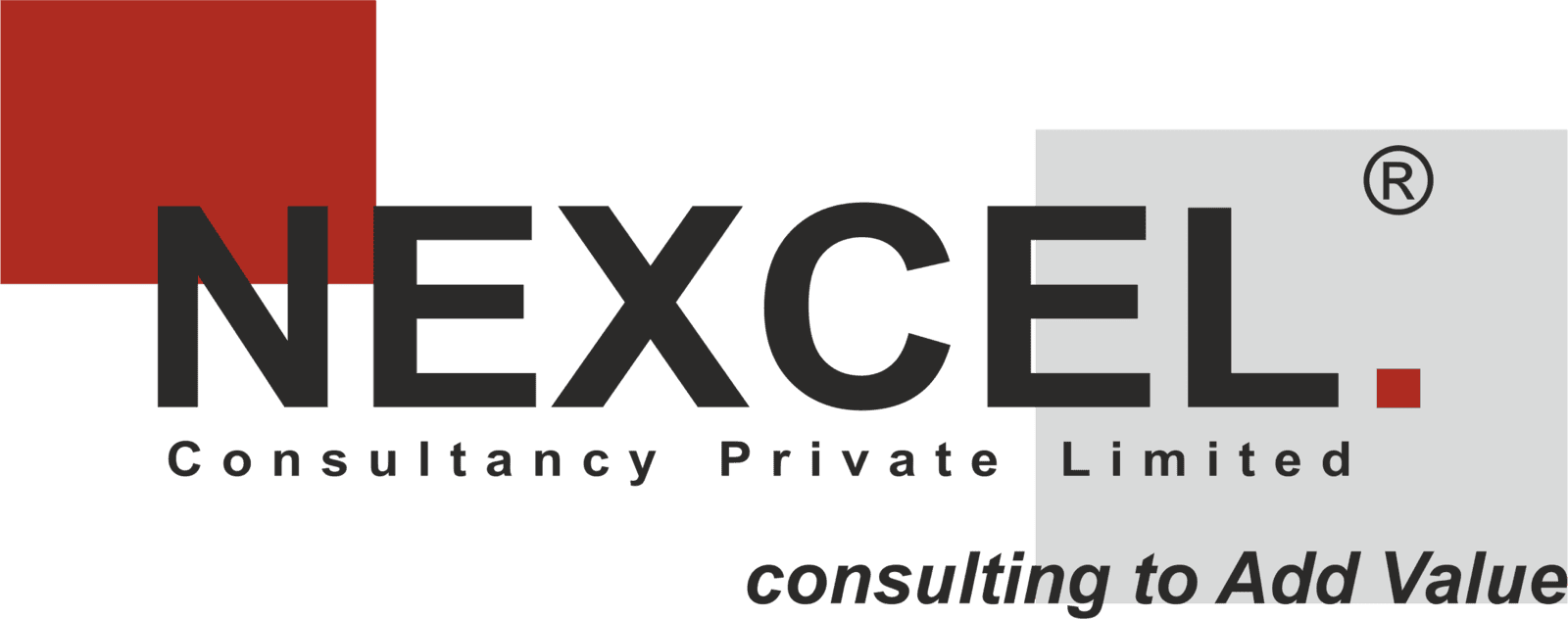Why Succession and Estate Planning Matters
Essential Components of an Effective Plan
Beneficiary Alignment
Ensure that nominations across insurance policies, retirement accounts, and financial instruments are current and consistent with your estate plan.
Awareness of Tax Limits
Keep informed of exemption thresholds and tax rates to make prudent decisions around wealth transfer.
Digital Asset Management
Include instructions for managing online accounts, digital currencies, and intellectual property rights
Liquidity Considerations
Make provisions for expected costs such as taxes, debts, and administrative expenses through liquid reserves or insurance.
Dependent Care Provisions
If there are minor children or dependents, outline guardianship and financial arrangements within the plan.
Professional Collaboration
Engage legal and financial advisors to ensure the plan aligns with current regulations and integrates with overall financial strategies.
